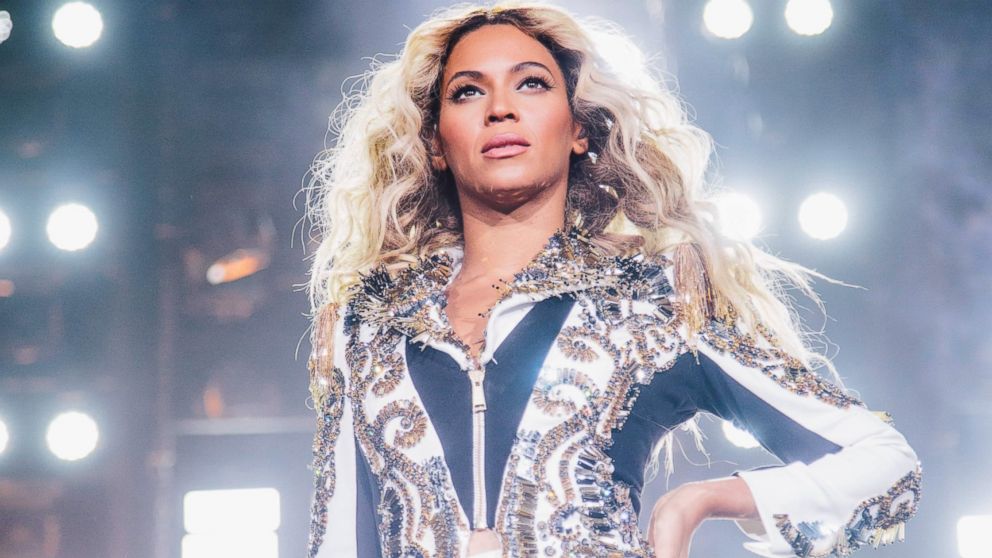Beyoncé has been labeled "insensitive" by some current and former NASA astronauts and their families for sampling audio from the space shuttle Challenger disaster for a love song off her newly released album.
Challenger exploded 73 seconds after liftoff from the Kennedy Space Center Jan. 28, 1986. All seven crewmembers aboard were killed.
"Flight controllers here looking very carefully at the situation. Obviously a major malfunction," now-retired NASA public affairs officer Steve Nesbitt said as the nation watched wreckage fall toward the ocean on live television.
Twenty-seven years later, Nesbitt's voice is heard at the beginning of the video for Beyoncé's new song "XO," about a troubled relationship. The singer has said that "XO" was written and produced by Ryan Tedder and Terius Nash, who goes by the stage name The Dream.
The audio clip is short, lasting six seconds.
Beyonce, in an exclusive statement to ABC News this morning, said, "My heart goes out to the families of those lost in the Challenger disaster. The song 'XO' was recorded with the sincerest intention to help heal those who have lost loved ones and to remind us that unexpected things happen, so love and appreciate every minute that you have with those who mean the most to you.
"The songwriters included the audio in tribute to the unselfish work of the Challenger crew with hope that they will never be forgotten."
But former and current NASA astronauts, employees and Challenger family members argue that using it in a pop song mocks the crew's sacrifice and opens fresh wounds.
June Scobee Rodgers, the widow of Challenger Space Shuttle Commander Dick Scobee and a founder of the Challenger Center for Space Science Education, told ABC News she is "disappointed" in the singer's decision to include the clip.
"We were disappointed to learn that an audio clip from the day we lost our heroic Challenger crew was used in the song 'XO,'" she said. "The moment included in this song is an emotionally difficult one for the Challenger families, colleagues and friends. We have always chosen to focus not on how our loved ones were lost, but rather on how they lived and how their legacy lives on today."
Keith Cowing, a former NASA employee who now runs the NASAWatch.com website, said, "This choice of historic and solemn audio is inappropriate in the extreme. The choice is little different than taking Walter Cronkite's words to viewers announcing the death of President Kennedy or 911 calls from the World Trade Center attack and using them for shock value in a pop tune."
Cowing wants Beyoncé to remove the clip and apologize to families of the Challenger crew.
Several current NASA astronauts, who are not authorized to speak publicly, privately expressed similar dismay at what they say is Beyoncé's use of a tragedy to sell a pop song.
Retired NASA astronaut Clayton Anderson told ABC News, "For the words to be used in the video is simply insensitive, at the very least."
Anderson knows NASA tragedy firsthand. In 2003, he was assisting shuttle Columbia family members the moment news came that all seven had died when the craft disintegrated re-entering Earth's atmosphere.
But Anderson, who flew twice on the space shuttle and lived on the International Space Station for five months, seemed to give Beyoncé and her team the benefit of the doubt.
"What we do in space just isn't as important to young people today," Anderson said.
Beyoncé was born in Houston, the same home as NASA's astronaut training campus, the Johnson Space Center. She has worked with the space agency in the past, once recording a wake-up greeting for the orbiting crew of STS-135, the final space shuttle flight.
"You inspire all of us to dare to live our dreams, to know that we're smart enough and strong enough to achieve them," she told the Atlantis crew back in 2011.

0 comments:
Post a Comment